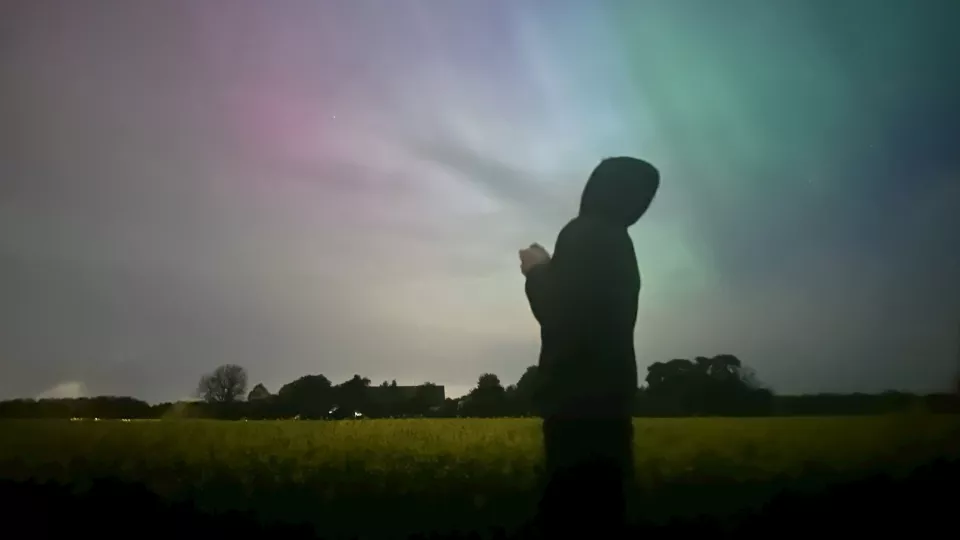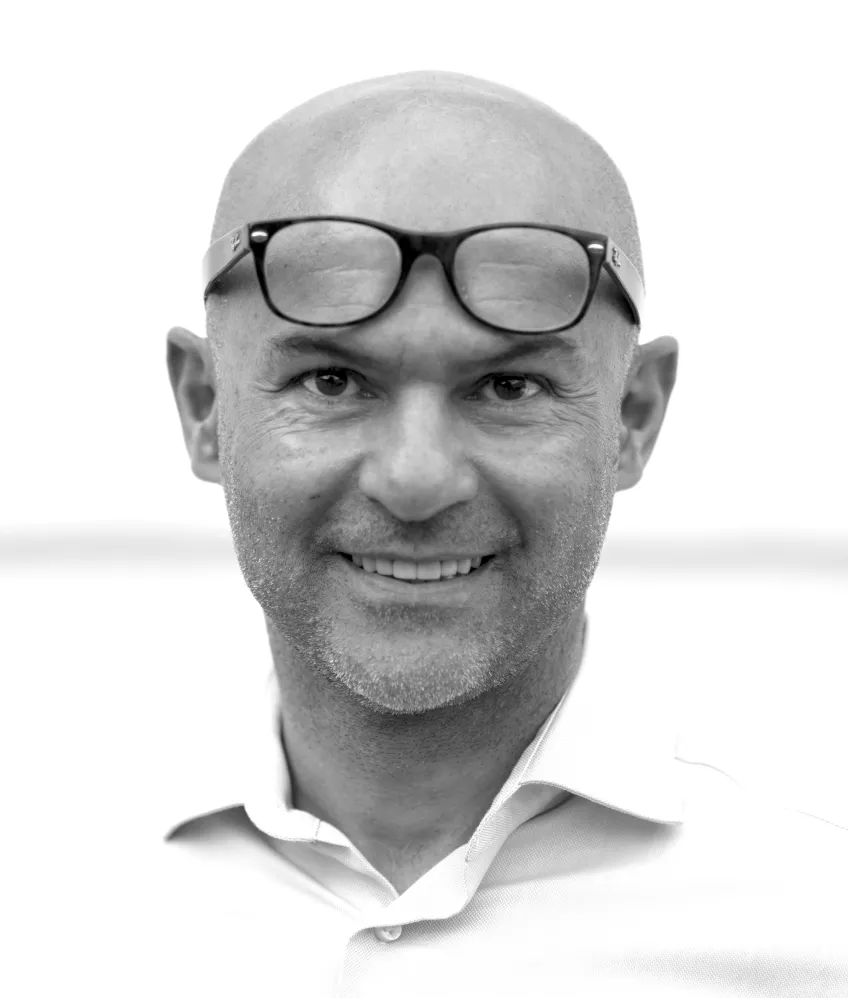Congratulations, what are you going to do with the money?
"We have received just over SEK 6.7 million to conduct a pilot study that examines the potential of psilocybin in the treatment of anorexia nervosa in young adults. Anorexia nervosa is a serious psychiatric disease with high mortality and currently lacks approved pharmacological treatments," says Pouya Movahed Rad, chief physician at Skåne University Hospital and active at the Division of Psychiatry at the Department of Clinical Sciences in Lund.
Contact with other researchers
"I heard about the Norrsken Mind Foundation through various sources, mainly through contacts and networking. Thanks to our previous study comparing the substance ketamine, which shares some similarities with classic psychedelics, with electrotherapy for severe depression in about 200 hospitalized patients (KetECT), I have come into contact with researchers who are interested in conducting studies that can lead to tangible improvements in healthcare."
I think we were awarded funding probably because we could show that we can actually carry out larger clinical studies.
"I remember lecturing to a forum in Uppsala about our study KetECT and I think it was there that I first heard about the foundation, or possibly even earlier. Together with colleagues, including David Sjöström, resident physician from BUP, we have since worked on the application. I think we were awarded funding probably because we could show that we can actually carry out larger clinical studies. We are also applying for funding from other foundations to be able to carry out our research."
What tips do you have for other researchers on how to find slightly more unknown or smaller funders?
"I myself would like to receive tips on how to ensure stable and long-term funding, so that you can devote yourself to what you are best at, namely clinical research. My advice is to actively network and participate in conferences and forums, where you can meet other researchers and potential funders. Having a strong and compelling project plan."
Do you use the faculty's Grant Calendar when applying for grants or scholarships?
"Yes, our fantastic research administrator Lisette Jelivi emails us at regular intervals.



